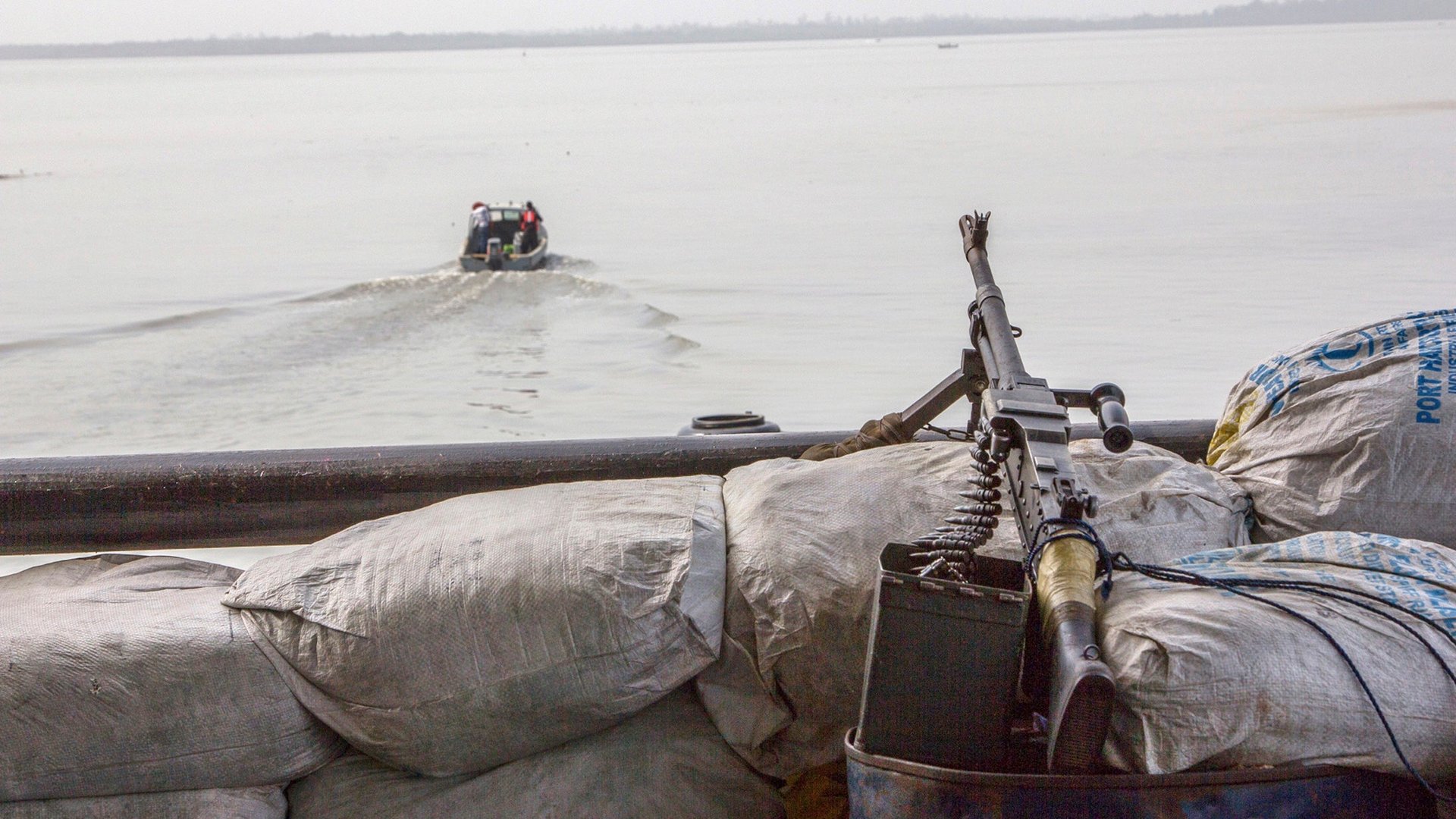Pirates on the high seas haven’t gone away, they’ve just changed their tactics
This year has been the quietest on the high seas since 2008, as incidents of piracy have decreased. But that drop belies a change of tactics. Instead of hijacking vessels, pirates have turned to kidnapping. The last three years have seen a rash of kidnappings targeting ship crews, especially on Africa’s west coast and parts of Southeast Asia.


This year has been the quietest on the high seas since 2008, as incidents of piracy have decreased. But that drop belies a change of tactics. Instead of hijacking vessels, pirates have turned to kidnapping. The last three years have seen a rash of kidnappings targeting ship crews, especially on Africa’s west coast and parts of Southeast Asia.
Between January and September this year, 44 kidnappings were tracked by IHS Maritime & Trade, a risk and analysis firm. That’s more than double the 19 kidnappings recorded in 2015, and more than four times as many incidents in 2014.
Hijacking and draining vessels of their oil, preferred by pirates on Africa’s west coast, has become less lucrative due to low oil prices. In the Gulf of Guinea, kidnapping for ransom accounted for 20% of all piracy incidents in 2012, this year kidnapping already accounts for 60% of pirate attacks, according to IHS. Pirates now board the vessels they used to hijack for new loot, leaving the ship with kidnapped crew members, and holding them as long as it takes to get a ransom in exchange.
With Somali pirates retreating on the east coast, the focus has shifted to Africa’s west coast. Pirates in the Gulf of Guinea have become more brazen, venturing into deeper waters. They’re also becoming more violent, firing at the ships bridge to intimidate the crew, said Oceans Beyond Piracy, a non-profit monitoring piracy.
“Piracy in the Gulf of Guinea is focused on kidnap for ransom and is concentrated on high-value Western targets,” Martin Roberts, senior analyst at IHS, said in a statement. “The need for alternative funding and ongoing militancy in the Niger Delta region will continue to drive these risks into 2017. Onshore dynamics are affecting offshore risks.”
But there also many instances of pirates in the Gulf of Guinea attacking their own. In the first quarter of 2016, of three vessels hijacked, one was from Nigeria and the other from the Ivory Coast. All 28 hostages held by pirates during this time were African, according to the International Chamber of Commerce’s Commercial Crime Services.